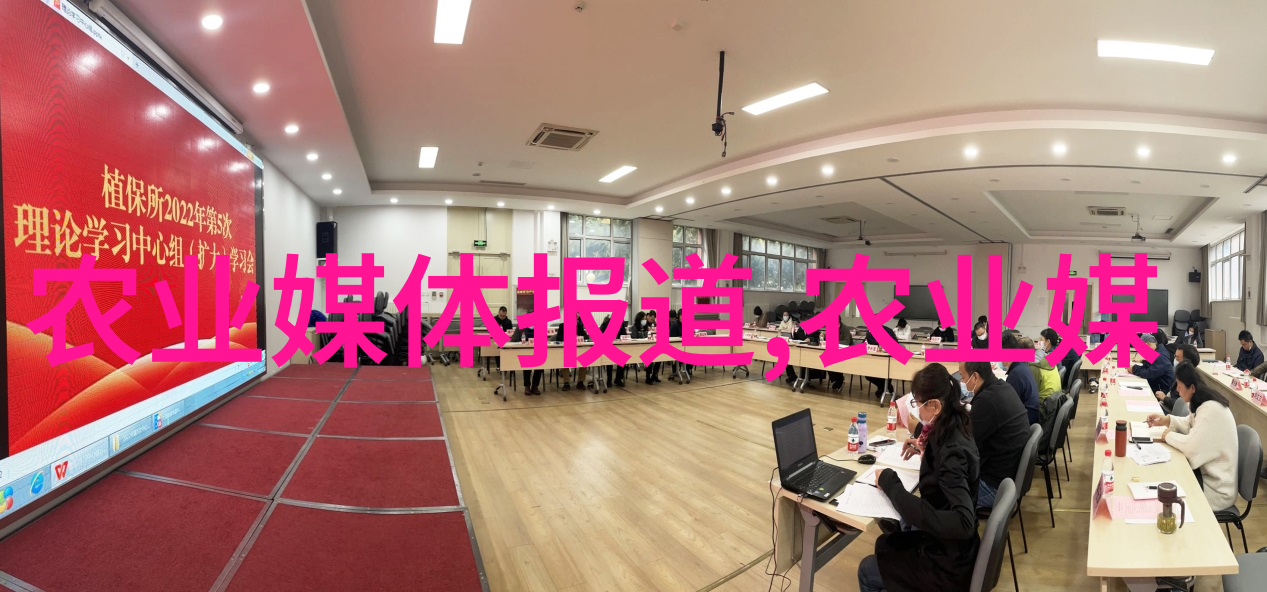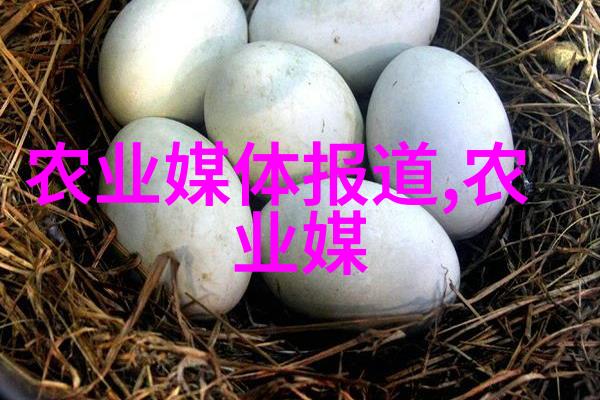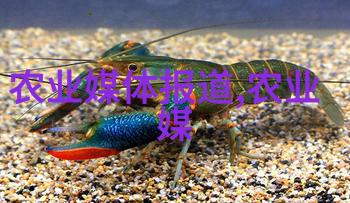从中国古代到世界各地:茶文化的悠久传承

茶的由来历史可以追溯到数千年前,在中国古代。据说,茶叶最初是被发现于中国四川省的一个原始森林里,由当时的农民偶然间品尝到的。当时的人们将其作为一种药物来使用,以帮助消暑解渴和促进身体健康。
随着时间的推移,茶文化逐渐发展壮大。在宋朝以后,茶艺开始成为一种艺术形式,不仅仅局限在饮用上,而是包含了制作、品鉴以及欣赏等多个方面。到了明清时期,中国的茶文化达到了鼎盛时期,这一期间产生了许多著名的茶种,如龙井、碧螺春等。

然而,tea's history didn't stop in China. Tea was introduced to Japan by Buddhist monks during the Heian period (794-1185 AD), where it became an important part of Japanese culture and tradition, especially in the Zen Buddhism. The traditional Japanese tea ceremony, also known as Chanoyu, Sado or Ocha, is a ritual that embodies the spiritual connection between nature, host and guests.
In Europe, tea was first brought back by the Portuguese from their colonies in Asia during the 16th century. It quickly became popular among all social classes due to its affordability and perceived health benefits. The East India Company played a significant role in promoting tea consumption across Europe through their extensive trade network.

Today, tea has become an integral part of many cultures around the world. From Indian chai wallahs serving steaming cups on street corners to British afternoon teas with delicate finger sandwiches and scones - each region has its unique way of enjoying this ancient beverage.
Despite globalization and modernization efforts to standardize production methods and packaging styles, local artisans continue to preserve traditional techniques passed down through generations while experimenting with new flavors and blends. This fusion of old traditions with modern innovation reflects not only on how far tea has come but also on how deeply ingrained it remains within human society.

As we sip our favorite brews today - whether it's a strong Assam black or a delicate green Sencha - let us remember that we are partaking in a centuries-old tradition that transcends borders and time zones alike: one that speaks volumes about cultural exchange & appreciation for simple pleasures like warmth & comfort found in every cup of "tea".
标签: 农业媒体报道



